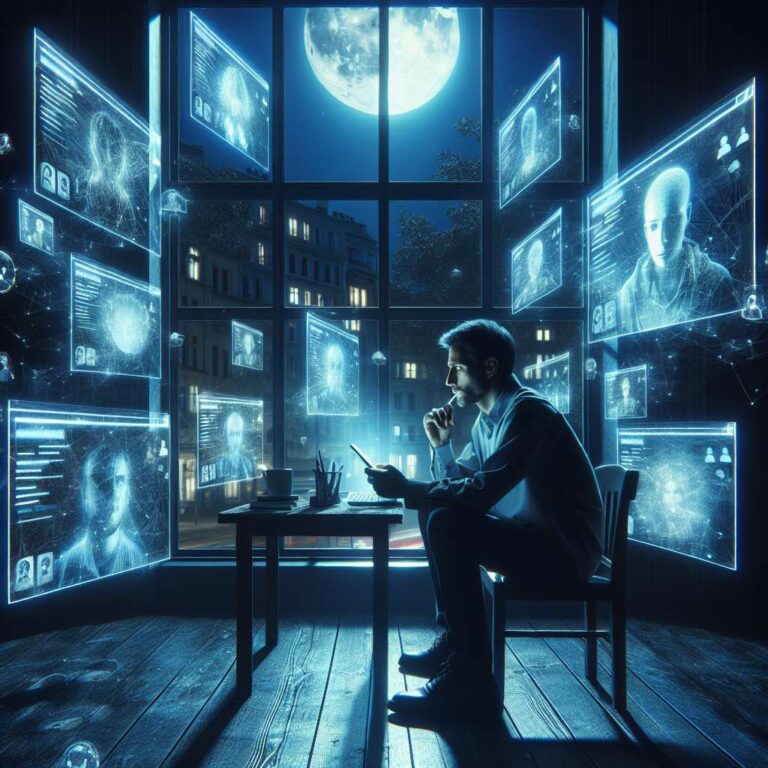In 1995, Irwin Winkler´s film The Net, starring Sandra Bullock as Angela Bennett, offered a chilling vision of how digital technology could erode identity, privacy, and meaningful social ties. Bennett’s isolated, screen-driven existence—working remotely, dependent on online communities, and virtually invisible to her neighbors—was initially portrayed as an extraordinary exaggeration. Now, in 2025, such digital alienation is a pervasive part of ordinary life, especially as technology companies propose solutions like artificial intelligence-powered companionship to counter the very loneliness their platforms intensify.
The techno-thriller’s core anxiety was not simply technophobia but techno-skepticism: if all personal data can be manipulated by unseen actors, what happens when those with access abuse their power? Bennett’s sudden digital erasure by a faceless cybersecurity corporation presaged current fears about algorithmic control, weaponized misinformation, and the fragility of online identities. The film’s portrayal of the internet as a wild, barely-understood domain captured a moment of optimism tempered by uncertainty. In today´s attention economy, however, algorithms dictate visibility and engagement, exploiting human connection to maximize revenue while neglecting social well-being.
Recent trends highlight that technology’s role in isolation is complex and structural. Loneliness and alienation are not solely tech-driven; decades of neoliberal policy have decimated public spaces and communal institutions, further detaching individuals from shared social experiences. As artificial intelligence ‘friends’ proliferate—promising, yet incapable of true empathy—more people offload critical thinking to algorithms from profit-driven companies. Incidents like Elon Musk’s Grok chatbot amplifying hateful content underscore that these systems reflect the biases and agendas of their creators. The Net’s legacy, then, lies both in warning of digital manipulation and urging collective action: by reclaiming public engagement, limiting passive algorithms’ hold, and fostering genuine human interaction, society can resist the depersonalizing pressures of the digital age and chart a more hopeful, connected path.

